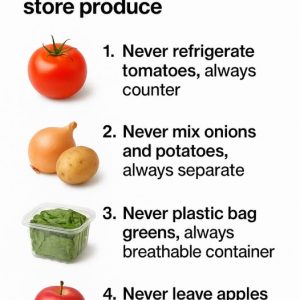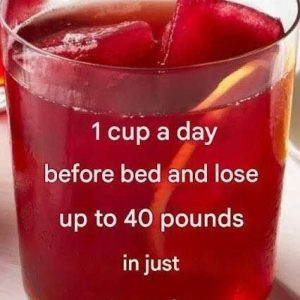
Have you ever woken up with deep, nagging aches in your legs or bones? Felt sudden cramps in your calves during the night? Or noticed that your legs feel unusually heavy, weak, or tired — even when you haven’t done much?
In many cases, persistent leg pain, muscle cramps, or bone discomfort can point to nutrient deficiencies — especially if you’re otherwise healthy, active, and haven’t experienced an injury.
Possible effects include:
- Muscle spasms, tightness, or fatigue
- Tingling, cramping, or numbness due to nerve misfiring
- Weak, brittle, or aching bones — especially around the hips, knees, or lower back
- Slower recovery after physical activity
- Restless nights or recurring night cramps
The Five Nutrients Most Often Linked to Bone and Leg Pain
1. Vitamin D – The Sunshine Vitamin
Why it matters:
Vitamin D helps your body absorb calcium and supports muscle strength, immune function, and bone density. Deficiency has been linked to chronic muscle pain, fatigue, and even mood changes.
Common symptoms:
- Deep bone or joint pain (hips or spine)
- Difficulty climbing stairs or standing from a chair
- Night cramps in the legs
- Persistent fatigue or low mood
How to get it:
- Sunlight: 10–30 minutes of midday sun, 2–3 times per week
- Food sources: Fatty fish (salmon, mackerel), egg yolks, fortified dairy or plant milks
- Supplements: Often recommended during winter or for people with limited sun exposure
2. Calcium – The Foundation of Strong Bones

Signs of deficiency:
- Leg or foot cramps
- Brittle nails, weak teeth, or frequent fractures
- Low bone density (osteopenia or osteoporosis)
Best sources:
- Dairy: Milk, yogurt, cheese
- Plant-based: Leafy greens (kale, collards), fortified tofu, almonds, canned salmon or sardines with bones
Recommended intake:
-
Adults (19–50): 1,000 mg per day
-
Women over 51 and men over 71: 1,200 mg per day
Caution: Calcium supplements should be used only when necessary and under medical advice, as excess intake can increase the risk of kidney stones or heart issues.
3. Magnesium – The Muscle Relaxer
Signs of deficiency:
- Night cramps or twitching
- Restlessness or muscle tightness
- Fatigue, irritability, or anxiety
Good sources:
- Nuts and seeds (almonds, pumpkin seeds, sunflower seeds)
- Leafy greens (spinach, Swiss chard)
- Avocados, legumes, dark chocolate
4. Vitamin B12 – The Nerve Protector
Vitamin B12 is essential for healthy nerve function and red blood cell production. Deficiency can cause tingling, numbness, or weakness in the legs.
Who is most at risk:
- Adults over 60 (due to reduced absorption)
- Vegetarians and vegans
- People with digestive disorders (celiac disease, Crohn’s, post-bariatric surgery)
Sources:
- Animal products: Meat, fish, eggs, dairy
- Fortified foods: Nutritional yeast, plant milks, cereals
A blood test can confirm deficiency. Supplements or B12 injections may be necessary for those with absorption issues.
5. Potassium – The Essential Electrolyte

Potassium regulates muscle contraction, nerve function, and fluid balance. Low potassium can cause leg cramps, fatigue, and irregular heartbeat.
Sources:
- Bananas, oranges, potatoes, avocados
- Spinach, beans, lentils, coconut water
Although severe deficiency is uncommon in healthy individuals, it can occur with excessive sweating, vomiting, diarrhea, or the use of certain medications like diuretics.
When to See a Doctor
Nutrient deficiencies aren’t the only cause of leg or bone pain.
You should seek medical evaluation if you experience:
-
Persistent or worsening pain that limits movement
-
Swelling, redness, or warmth in your legs
-
Numbness or weakness
-
A history of osteoporosis or unexplained fractures
-
Continued symptoms despite dietary or supplement changes
A doctor may order blood tests to check:
-
Vitamin D, calcium, magnesium, and B12 levels
-
Kidney and thyroid function
-
Inflammatory markers
Early testing helps identify imbalances before they lead to serious complications.
Lifestyle Habits That Support Bone and Muscle Health
-
Eat a balanced diet rich in whole, minimally processed foods
-
Engage in regular physical activity, including walking, stretching, or strength training
-
Limit alcohol and caffeine intake, which can deplete calcium
-
Stay hydrated to prevent cramps and fatigue
-
Take supplements only under professional guidance
-
Prioritize quality sleep to support recovery and hormonal balance
Tip: Pair vitamin D with healthy fats (like olive oil, nuts, or avocado) to boost absorption.




